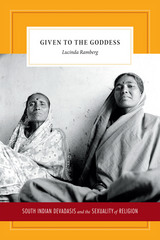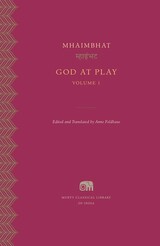4 start with G start with G

Yet there remains a paradox: while Ganga is worshipped devotedly, she is also exploited without remorse. Much of her water has been siphoned off for irrigation, toxic chemicals are dumped into her, and dams and barrages have been built on her course, causing immense damage. Ganga is in danger of dying—but if the river dies, will the goddess die too?
The question took journalist Julian Crandall Hollick on an extraordinary journey through northern India: from the river’s source high in the Himalayas, past great cities and poor villages, to lush Saggar Island, where the river finally meets the sea. Along the way he encounters priests and pilgrims, dacoits and dolphins, the fishermen who subsist on the river, and the villagers whose lives have been destroyed by her. He finds that popular devotion to Ganga is stronger and blinder than ever, and it is putting her—and her people—in great risk.
Combining travelogue, science, and history, Ganga is a fascinating portrait of a river and a culture. It will show you India as you have never imagined it.



The oldest extant Marathi work, a medieval chronicle of Chakradhar’s divine life on earth, in a new English translation.
God at Play, or Līḷācaritra, is a remarkable biography of the medieval religious figure Chakradhar Svami. His followers, called Mahanubhavs, understand him to be a divine incarnation of Parameshvar. Mhaimbhat, a Brahmin goldsmith who became one of Chakradhar’s most important followers, compiled this astonishingly down-to-earth religious text around 1278. It records not only Chakradhar’s ethical and theological teachings, but also his everyday activities, including the foods he ate and the people he met. This rich, detailed account provides insights into economic conditions, political history, and society in medieval India. Manuscripts of the work were carefully preserved within the Mahanubhav community and were not known to outsiders until the early twentieth century.
The first volume of God at Play describes Chakradhar’s early life, his wanderings as a lone ascetic, and the gathering of the disciples who later accompany him on his travels.
This new English translation of Līḷācaritra is accompanied by an emended Marathi text, based on Hari Narayan Nene’s edition, in the Devanagari script.
READERS
Browse our collection.
PUBLISHERS
See BiblioVault's publisher services.
STUDENT SERVICES
Files for college accessibility offices.
UChicago Accessibility Resources
home | accessibility | search | about | contact us
BiblioVault ® 2001 - 2024
The University of Chicago Press









